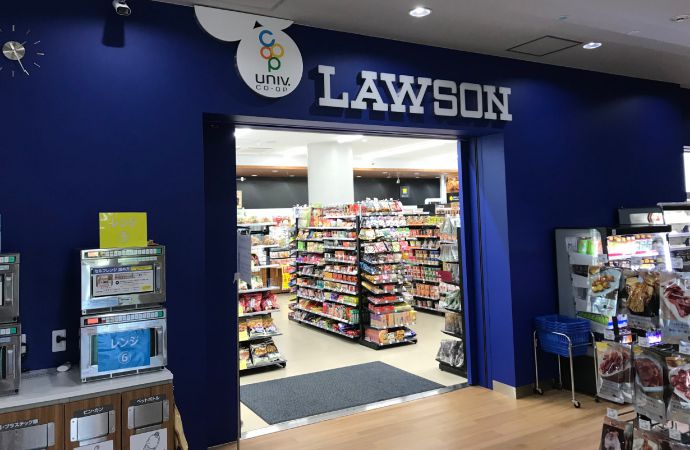The Australian HVAC industry is evolving. Changing legislative pressures, the phase out of HCFCs, and need to reduce energy costs and environmental impacts have resulted in an increase in the use of alternative natural refrigerants, such as hydrocarbons. Below, hydrocarbons21.com looks at some of the hydrocarbon installations that have resulted in power and refrigerant savings, as well as a training course designed to ensure the safe, efficient, and effective use of hydrocarbons.

The use of hydrocarbons offer a number of advantages in addition to climate benefits, including greater energy efficiency, faster pull-down time and reduction in head pressures. A number of Australian end-users have experienced these performance benefits, and their associated cost savings, leading to a growing demand for information and training on hydrocarbon technologies.
Companies save thousands on power bills and refrigerant costs by using hydrocarbons
By using hydrocarbon refrigerants, a reduced amp draw and pressure drop can be achieved, as demonstrated by the project below:
- Water chiller conversion lowers head pressure: following a thorough safety assessment and requisite system changes to enable the safe use of hydrocarbon refrigerants, a water chiller’s amp draw was reduced from 26 amps to 23 amps, and the head pressure was reduced by 20 psi.
- Ice maker saves over $1,200 (AUD)/month [€810/month]: after relocating the control system and fitting a hydrocarbon detector, an ice maker refrigerant was changed from R404a to an Oz-Chill hydrocarbon, resulting in a drop in the compressor run current from 42.1 amps to 37.8 amps (approx. 10% savings), and an ice yield increased of 40%.
- Ice maker saves $10,000 (AUD) [€6770] in refrigerant: a Perth ice making company switched to hydrocarbons after a full site assessment, saving $10,000 (AUD) in refrigerant costs. Only 54 kg of refrigerant was needed, as compared with the previous 123kg of R22 needed to run the system.
International hydrocarbon training course
For international students keen to learn more about hydrocarbons, the College of Climate Change in Australia has developed a Hydrocarbons Training Course easily accessible to interested parties all around the globe. The training program provides:
- 2 x Hydrocarbon Training Resource Manuals
- Assessment paperwork
- Guides to assist with the completion of the assessments in the comfort of your office/home
- Thorough understanding of the Australian Safety Standards regarding the use of Hydrocarbons
- Valuable knowledge a rapidly evolving technology
- 12 months subscription to Natural Refrigerants News
- Access to important Hydrocarbon documents and materials
- Templates and checklists to assist with an efficient retrofitting process
- College of Climate Certificate of Attainment
All training materials and assessments are posted out to students via registered post and the pack will include a prepaid return postal envelope.
Hydrocarbon training courses Down Under
For Australian students, The College of Climate Change offers the Nationally Accredited Hydrocarbon Course, which includes two units:
- UEENEEJ174A Apply safety awareness and legal requirements for hydrocarbon refrigerants. This unit covers the safety and legal requirements to handle, use and store hydrocarbon refrigerants. All safety aspects are covered to Australian and International standards. Legal requirements are covered at local, State and National level.
- UEENEEJ175A Service and repair self-contained hydrocarbon air conditioning and refrigeration systems. This unit covers specialised procedures for servicing and repairs to achieve the effective and efficient operation of primarily self-contained air conditioning and refrigeration equipment using hydrocarbons as the refrigerants. It reinforces safe working practice and encompasses applying specialised knowledge of refrigeration principles that apply to hydrocarbons, following service manuals, testing, locating and rectifying faults and defective components and completing the necessary service documentation.
The course covers the following topics:
- What is a hydrocarbon refrigerant
- Typical applications for hydrocarbons
- Acts, Regulations and Codes
- Refrigerant volumes and categories
- The storage and handling of hydrocarbons
- Hydrocarbons vs Synthetic Refrigerants
- Maintenance Procedures
- Refrigerant Recovery
- Pressure Testing and Leak Detection
- Evacuation and Charging
- Operating conditions for hydrocarbon refrigerant systems
- System access
- Environmental Issues
MORE INFORMATION
Related stories



